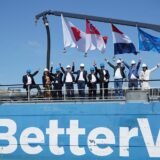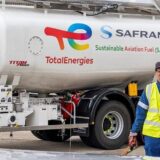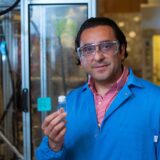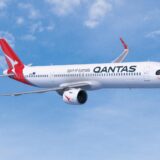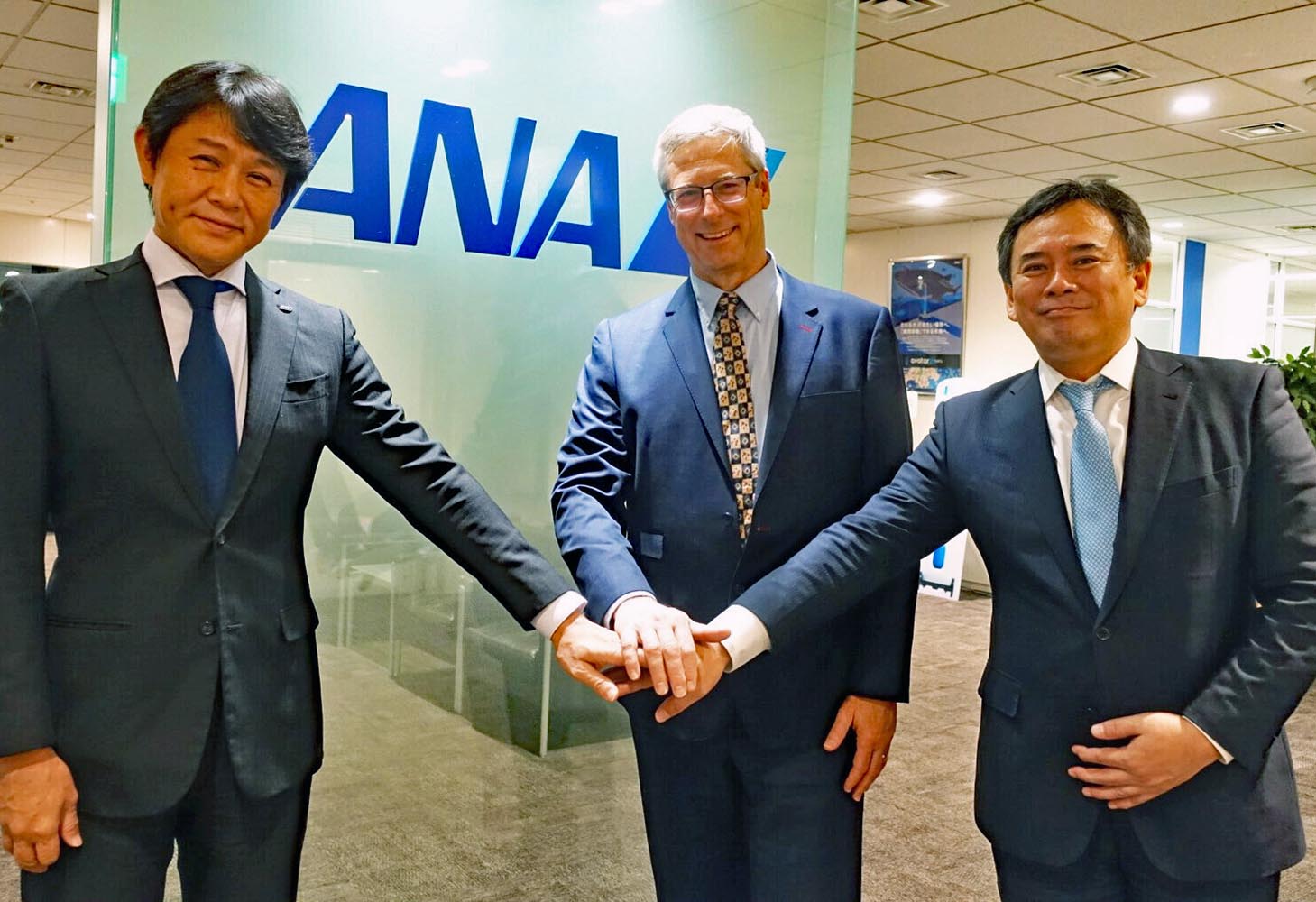
Raven to supply sustainable aviation fuel to All Nippon Airways
Raven SR Inc. (Raven SR), which is headquartered in the U.S. state of Wyoming, has signed a memorandum of understanding (MOU) to supply sustainable aviation fuel (SAF) to All Nippon Airways (ANA) for the Japanese airline’s major global routes.
Under the MOU, Raven will initially supply 50,000 tons of sustainable aviation fuel in 2025, with annual incremental increases to 200,000 tons in the tenth year. The sustainable aviation fuel will be produced by Raven SR at facilities planned for major global markets.
“We are grateful our strategic partner Itochu introduced us to ANA to initiate this landmark agreement for long-term SAF supplies that will foster growth for Raven SR on a global basis and help ANA with its carbon reduction commitments,” said Matt Murdock, CEO of Raven SR.
“We expect that our agreement with ANA to supply SAF in strategic markets globally will enable buying local fuel produced from local waste. We see growing interest in such efficiency and circularity in renewable fuel distribution for aviation and other transportation sectors.”
ITOCHU is one of several strategic investors in privately held Raven SR, and the two companies maintain a strong partnership, including plans for commercial production and sales of renewable fuels worldwide.
By converting various types of local waste, such as green waste, municipal solid waste, organic waste, and methane from municipal solid waste, into clean fuels, Raven SR offers a sustainable solution for the reliable and long-term production of SAF.
“As part of our climate transition strategies, ANA is dedicated to being an industry leader with our environmental commitments. This announcement with ITOCHU and Raven SR will be of great importance and support our mid- and long-term carbon reduction goals,” said Hideo Miyake, executive vice president at ANA overseeing Procurement.
“We look forward to collaboratively working together on this important business imperative of being environmentally conscious and developing local solutions that are beneficial to reducing our carbon footprint.”
The Japanese airline industry is required by the country’s General Assembly of the International Civil Aviation Organization (ICAO) to reach a goal of achieving net-zero CO2 emissions from aircraft by 2050. Starting in 2024, Japanese airlines must reduce or offset 15% of emissions from 2019 levels.
Global SAF supply currently comprises 0.03% of total jet fuel consumption due to a limited supply of feedstock like used cooking oils and tallow.
Raven SR plans to commence commercial production of SAF by 2025 in California, and expand SAF production by 200,000 tons/year until 2034 in the U.S. and Europe.
Raven SR’s use of waste as feedstock for its SAF production is expected to stabilize both the supply and pricing of SAF. Additionally, the third-generation synthetic SAF produced using Raven SR’s proprietary technology is projected to reduce CO2 emissions compared to conventional jet fuel and extend the lifespan of jet engines.








